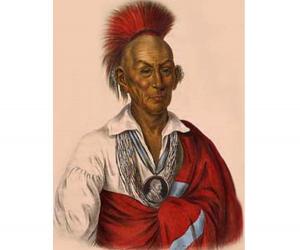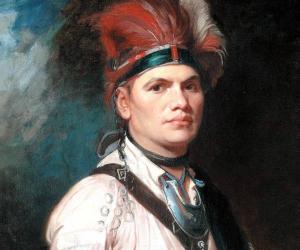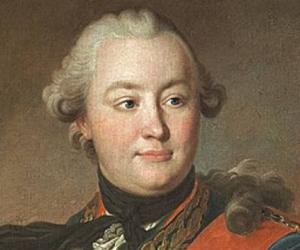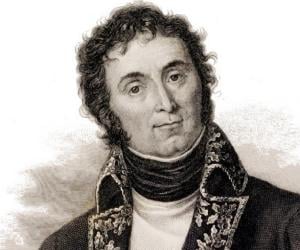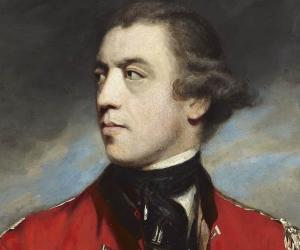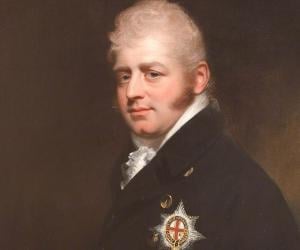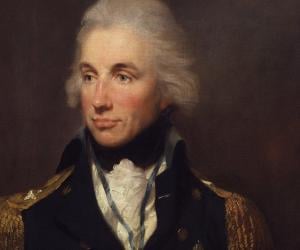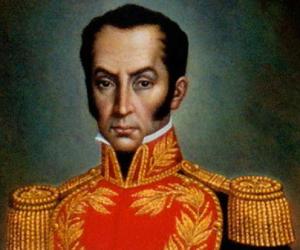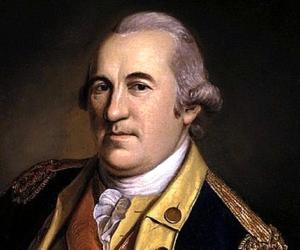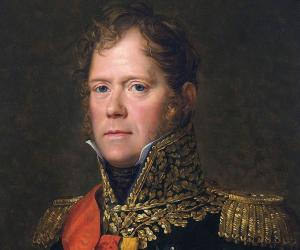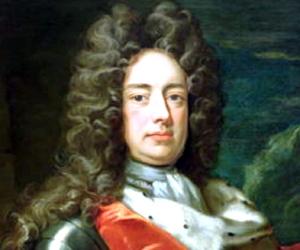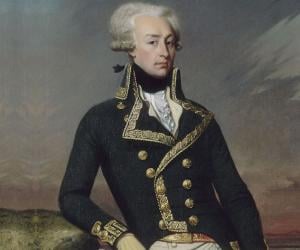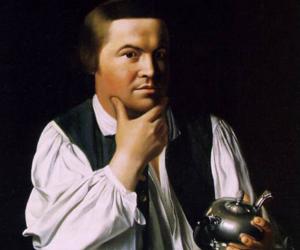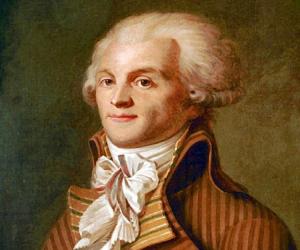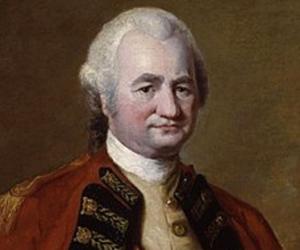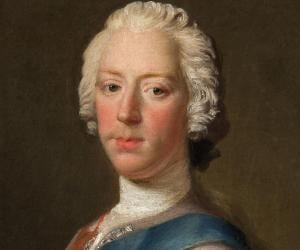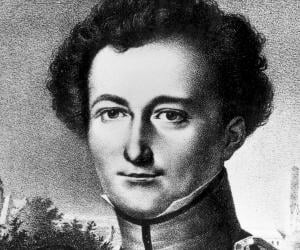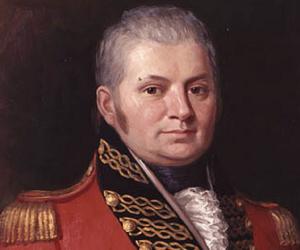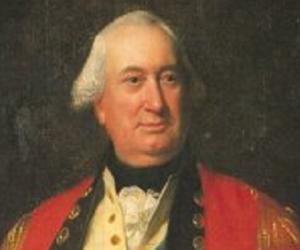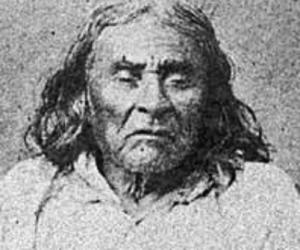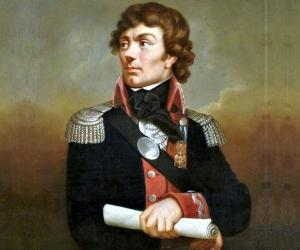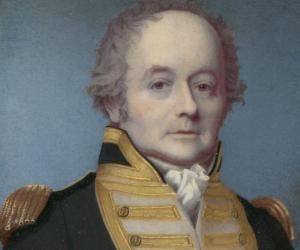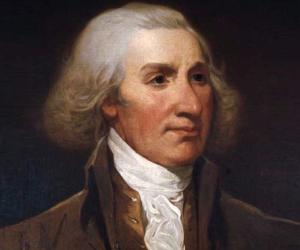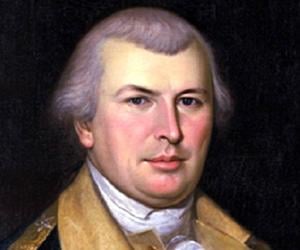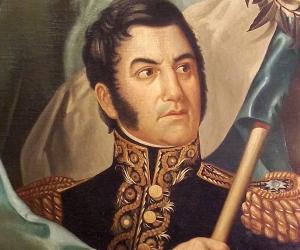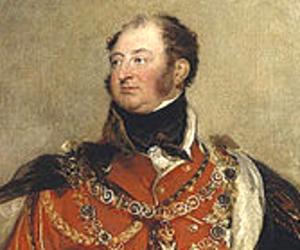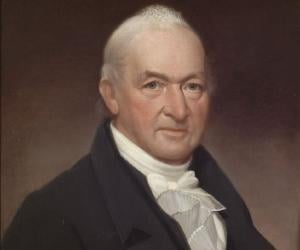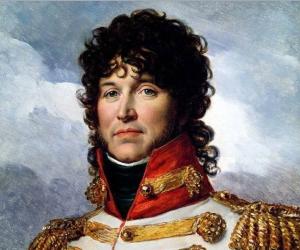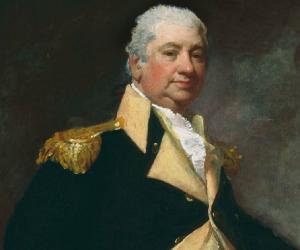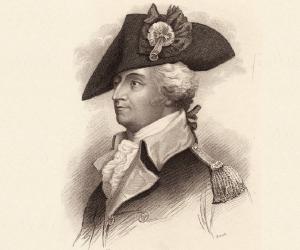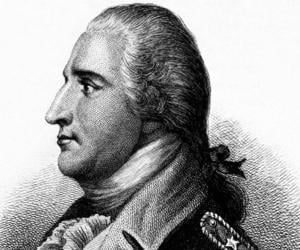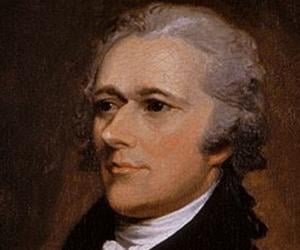Horatio Nelson was a British flag officer whose inspirational leadership brought about several British naval victories, especially during the Napoleonic Wars. Regarded as one of Britain's heroic figures, Horatio Nelson's legacy remains influential and several monuments, including the Nelson Monument and Nelson's Column, have been created in his memory.
Michel Ney was a French military commander. One of the 18 Marshals of the Empire inaugurated by Napoléon Bonaparte, Michel Ney played important roles in the Napoleonic Wars and the French Revolutionary Wars. Nicknamed the Bravest of the Brave by Napoleon himself, Ney was renowned for his valor in wars.
English statesman and soldier John Churchill, 1st Duke of Marlborough was the second son of Sir Winston Churchill and is remembered for his contribution to wars such as the Monmouth Rebellion and the War of the Spanish Succession. He was once imprisoned in the Tower of London for Jacobitism.
Marquis de Lafayette was a French aristocrat and military officer, who is remembered for fighting in the American Revolutionary War, as the commander of American troops in several battles. After returning to France, he played key roles in the French Revolution of 1789 and the July Revolution of 1830. Considered a hero in both America and France, he advocated the end of slavery.
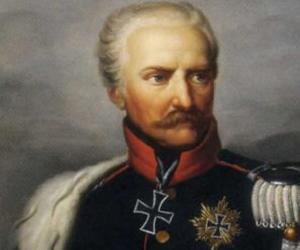
Robert Clive was a military officer and the first British Governor of the Bengal Presidency in British India. Nicknamed Clive of India, Robert Clive is credited with laying the foundation of the East India Company rule in Bengal. He won the Battle of Plassey in 1757, which enabled him to establish Company rule in Bengal.
Carl von Clausewitz was a Prussian military theorist and general. As a theorist, Clausewitz stressed the political aspects of war. His book Vom Kriege, which talks about military strategy, has been very influential despite the fact that it was unfinished at the time of his death. His ideas also influenced personalities like Karl Marx, Mao Zedong, and Leon Trotsky.
John Graves Simcoe was a British Army general best remembered for founding York (present-day Toronto, Canada). Simcoe, who served as the first lieutenant governor of Upper Canada, was responsible for introducing institutions like trial by jury, courts of law, freehold land tenure, and English common law. John Graves Simcoe also played a key role in abolishing slavery in Canada.
British army general Charles Cornwallis, 1st Marquess Cornwallis is best remembered for his stints as the governor-general of India and the viceroy of Ireland. Educated at Eton and Cambridge, he later started his army career with the Seven Years’ War. He was also part of the American War of Independence.
Tadeusz Kościuszko was a Polish-Lithuanian statesman, military leader, and military engineer. Thanks to his participation in the Polish-Lithuanian Commonwealth's fight against Prussia and Russia and his role in the American Revolutionary War, Tadeusz Kościuszko is widely regarded as a national hero in the United States, Poland, Belarus, and Lithuania.
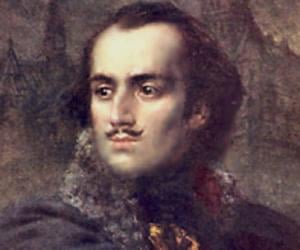
Kazimierz Pułaski was a Polish nobleman, military commander, and soldier. Dubbed the father of the American cavalry, Pulaski is credited with creating the Pulaski Cavalry Legion and reorganizing the American cavalry. He played an important role in the American Revolutionary War and is remembered for fighting for the independence of Poland and the United States.
José de San Martín was an Argentine general who played an important role in the Spanish American wars of independence. San Martín is considered a national hero of Peru and Argentina. The Order of the Liberator General San Martín, the highest honor conferred by the government of Argentina, was created in his honor.
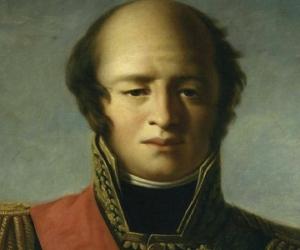
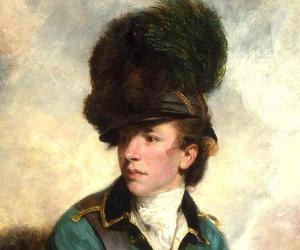
Banastre Tarleton was a British politician and general. He served in the American Revolutionary War where he was a lieutenant colonel. An iconic figure, Tarleton has been portrayed in several films, such as Sweet Liberty, The Patriot, and Amazing Grace. He has also been depicted in many TV series and novels.
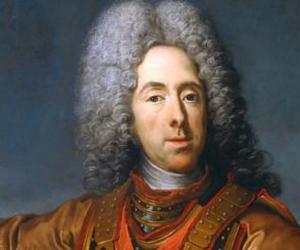
Prince Eugene of Savoy was a field marshal who served in the army of the Austrian Habsburg dynasty and of the Holy Roman Empire. One of the most influential military commanders of his generation, Prince Eugene served three Holy Roman emperors in a career spanning 60 years. Consequently, he played important roles in many battles, including the Battle of Turin.
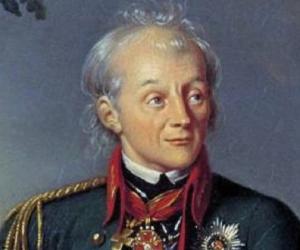
Aleksandr Vasilyevich Suvorov was a distinguished Russian General, remembered for winning every battle that he had commanded. Known for his thumping victories at the Battle of Rymnik and Siege of Izmail during the Russo-Turkish War and for his contributions during the French Revolutionary Wars, he won many awards and tittles and wrote several military manuals, including The Science of Victory.
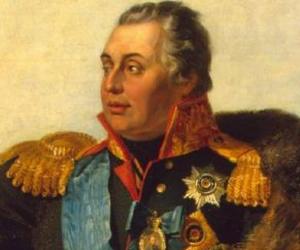
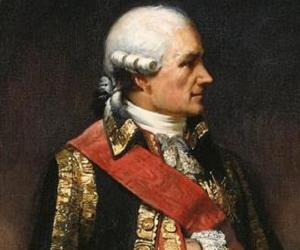
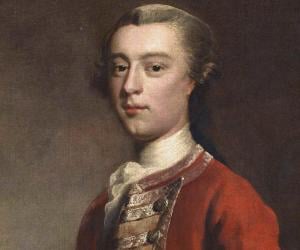
Benedict Arnold was an American military officer who betrayed his country when he joined the British forces in 1780. Because of his betrayal, his name became synonymous with traitory in the United States. His story of betrayal has been depicted in popular culture and he has been portrayed by actors like Owain Yeoman and Ciarán Owens.
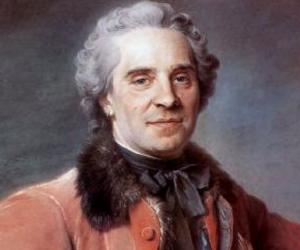
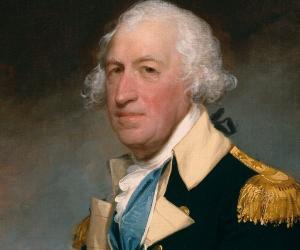
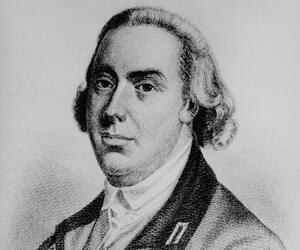
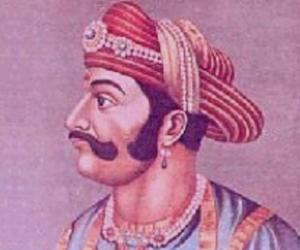
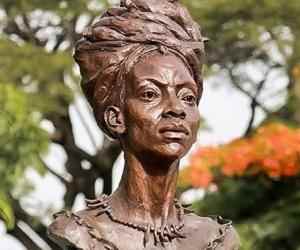
Nanny of the Maroons was a Jamaican resistance fighter best remembered as the leader of the Jamaican Maroons. She led a community called Windward Maroons which fought a war against the British authorities in what came to be known as the First Maroon War. In 1975, she was declared Jamaica's only female national hero by the government of Jamaica.
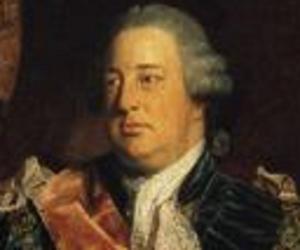
Known as America’s one of the most influential Founding Fathers, Alexander Hamilton was a delegate to the Constitutional Convention and served as the first secretary of the treasury. He also fought in the American Revolutionary War and was considered as a leading votary of the strong central government.
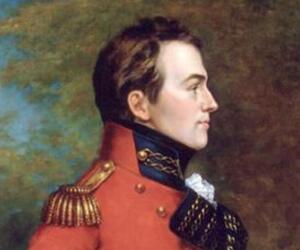
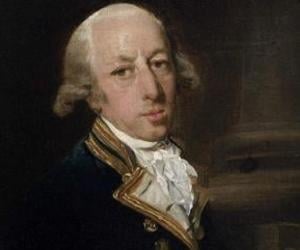
British admiral Arthur Phillip was a pioneering leader of the colonization of Australia. He established the first permanent European colonial settlement in Australia. He had also served as the first governor of New South Wales but was unable to establish peace. He was part of the Seven Years' War, too.
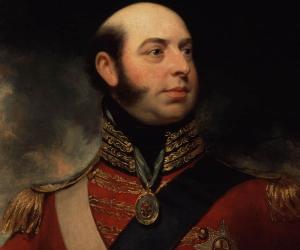
Prince Edward, Duke of Kent and Strathearn was the father of Queen Victoria. His army career took him to Canada and the West Indies, making him the first royal family member to stay in North America. He was also the governor of Gibraltar and played a major role in Canada’s development.
